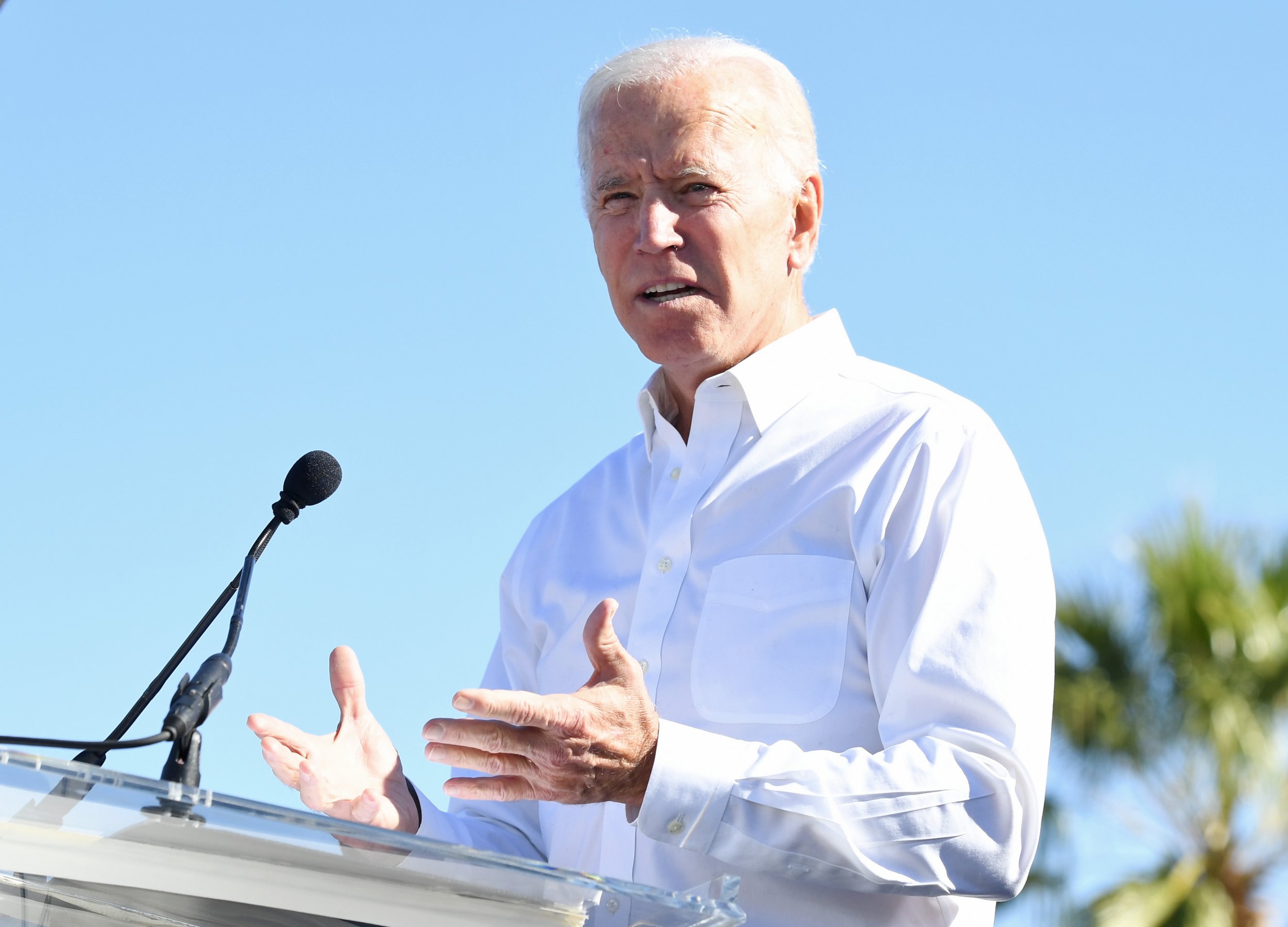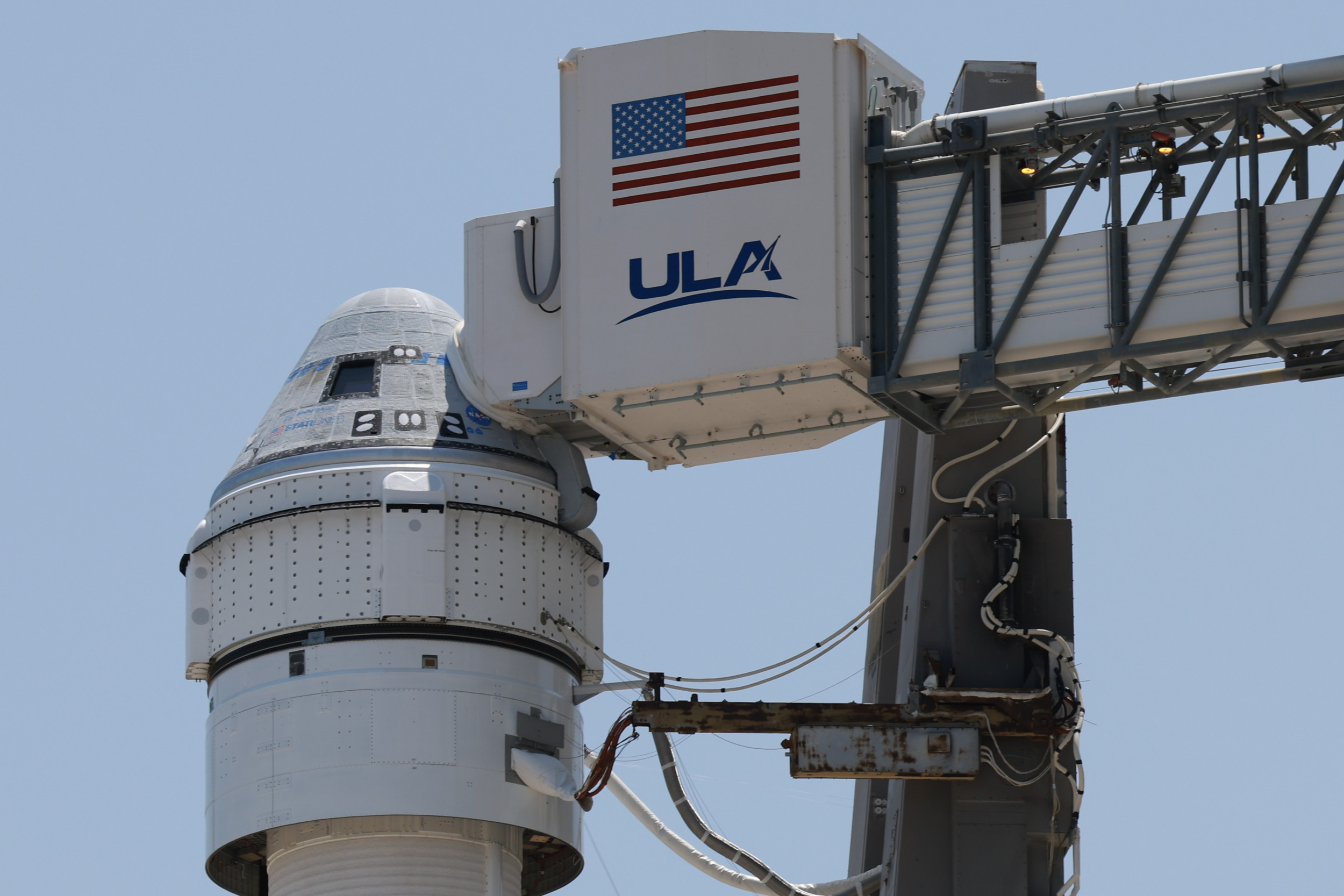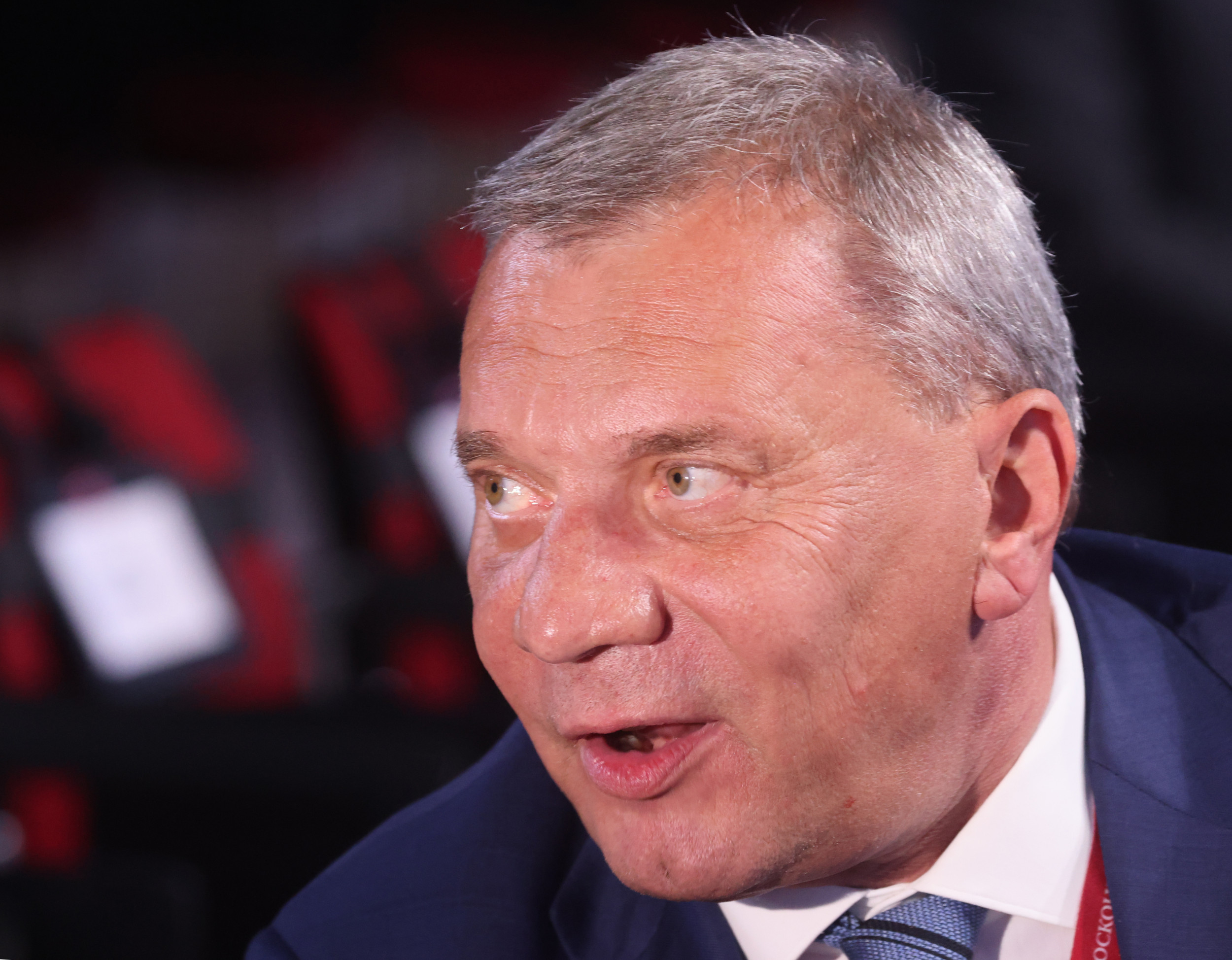
Former Vice President Joe Biden said that relations between the U.S. and Latin America have been "determinedly destroyed" by the Trump administration in the past two years, adding that such a disengagement comes at a time when other powers are willing to wield more influence in the region.
Though U.S.-Latin America relations were "not perfect" under the Obama years, Biden argued in an op-ed for Americas Quarterly it "was possible to envision a hemisphere that was secure, middle class and democratic, from the northern reaches of Canada to the southern tip of Chile," thus establishing "a new foundation of cooperation for our region built around shared responsibility, respect and partnership."
Today, however, U.S. allies and trading partners in the hemisphere have faced a "torrent of antagonism" from President Donald Trump, Biden added, while Central American and Caribbean countries have been "derided with derogatory epithets," making an apparent reference to the comments Trump made earlier this year about people coming from "sh**hole countries." Biden also criticized Trump's decision to skip his participation at the 2018 Summit of the Americas in Peru, this year's cancellation of two trips to Colombia—one of Washington's most important security partners in Latin America—and a recent rollback of policies that had thawed U.S.-Cuba's estranged relationship in 2014.
The president made his first official trip to Latin America since he assumed office in 2017 as part of the G20 summit in Buenos Aires, Argentina, on November 30. His two predecessors had already visited Mexico several times during their first terms, The Washington Post reported. George W. Bush had visited Peru and El Salvador, the publication noted, while Obama had participated in the Summit of the Americas in Trinidad and Tobago in 2009.
Trump's stance on the region comes amid growing influence from China and Russia. "China is now the largest or second-largest trading partner of virtually every country in South America's southern cone, and the Chinese have successfully convinced the Dominican Republic, El Salvador and Panama to change their diplomatic recognition away from Taiwan," the vice president said, adding that Moscow is also expanding its reach throughout Latin America and the Caribbean.
The most recent example of the Kremlin's interest in the region was the deployment of two Tupolev Tu-160 strategic bombers capable of carrying nuclear weapons, an Antonov An-124 heavy military transport aircraft and an Ilyushin II-62 long-haul plane to Caracas on December 10. Moscow's move prompted a rebuke from Secretary of State Mike Pompeo the following day, saying that it had amounted to "two corrupt governments squandering public funds." The Russian government said that his words were "completely inappropriate," BBC reported.
Russian President Vladimir Putin has also provided a lifeline to Venezuela's crippling economy. Early this month, Venezuelan strongman Nicolás Maduro visited Moscow in the hopes of receiving financial help. Russia and Venezuela later struck a $6 billion investment deal in the South American nation's oil and gold sectors.
"Our geopolitical rivals are eagerly filling the vacuum of leadership as the United States pulls back," Biden said.
Despite a gloomy outlook, Biden concluded that U.S.-Latin America relations have proven "durable and resilient," but more action is needed to avoid further diplomatic damages that could last a generation. In fact, a Pew poll conducted in October found that only 46 percent of Mexicans see the U.S. playing a "more important" and powerful role as a world leader today compared to a decade ago, followed by 43 percent of Argentines and 30 percent of Brazilians. Furthermore, a Gallup survey revealed last year that Trump's approval rate in 20 Latin American countries was never above 40 percent.
He added that an opportunity may arise when "there will be a U.S. president" joining other leaders at the 2021 Summit of the Americas. The question, however, remains whether he would be the next president of the United States seeking to mend bonds with Latin America.
A CNN report on Tuesday found that Biden is thinking about running for president in 2020, as recent polls indicated that he's leading the Democratic Iowa caucus by 32 percent, followed by Vermont Senator Bernie Sanders with 19 percent and Texas Representative Beto O'Rourke at 11 percent. In a quick interview with The Intercept on Monday, Biden told the publication that any Democratic challenger can beat Trump.
Uncommon Knowledge
Newsweek is committed to challenging conventional wisdom and finding connections in the search for common ground.
Newsweek is committed to challenging conventional wisdom and finding connections in the search for common ground.
About the writer
Robert Valencia is deputy world editor for Newsweek. Robert has covered issues related to drug policy, human rights, U.S. presidential ... Read more
To read how Newsweek uses AI as a newsroom tool, Click here.






